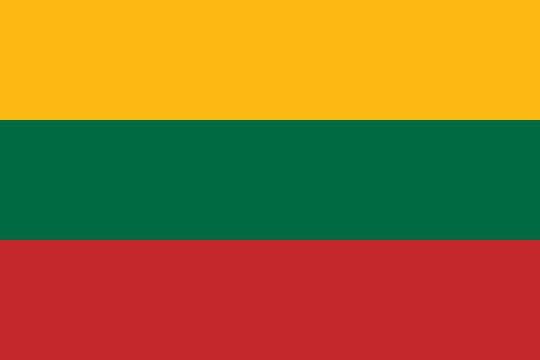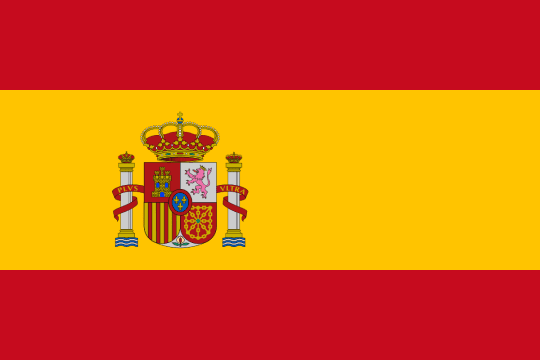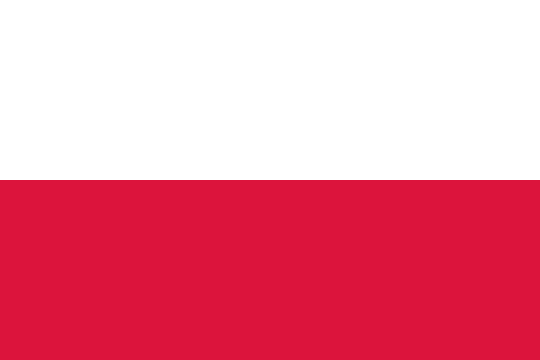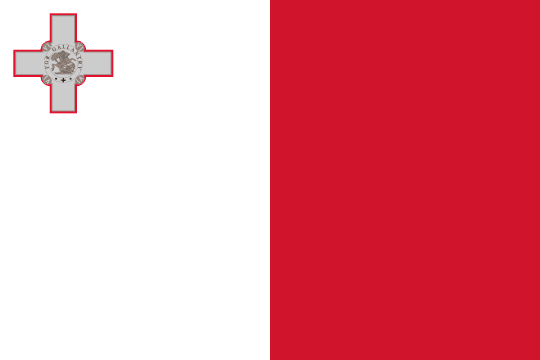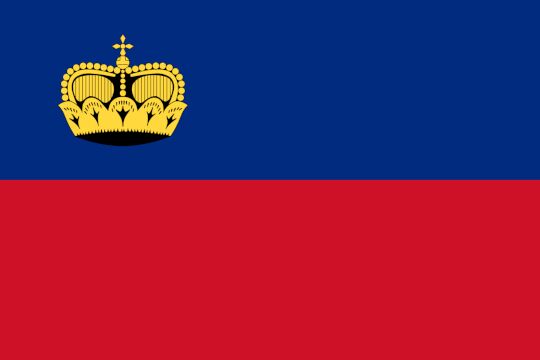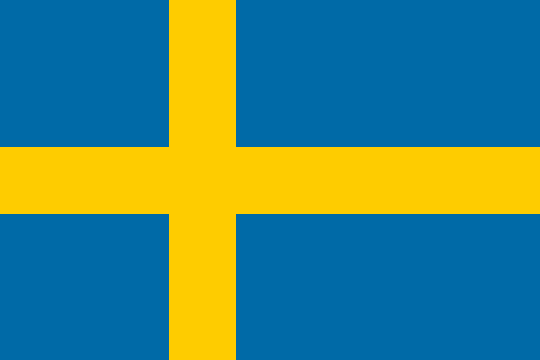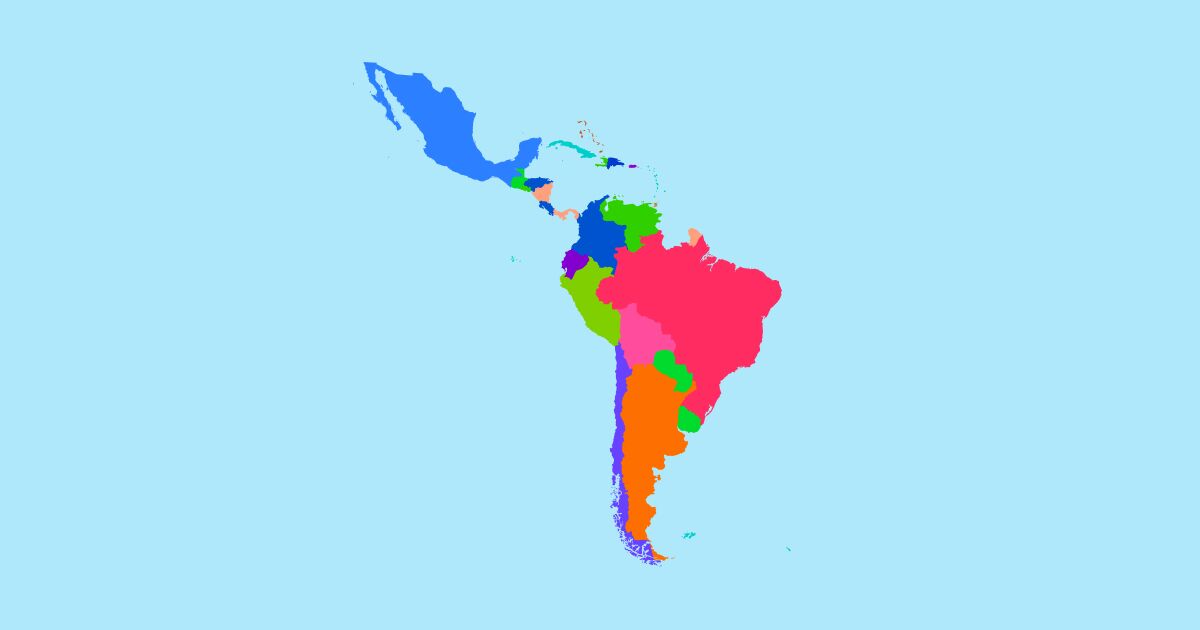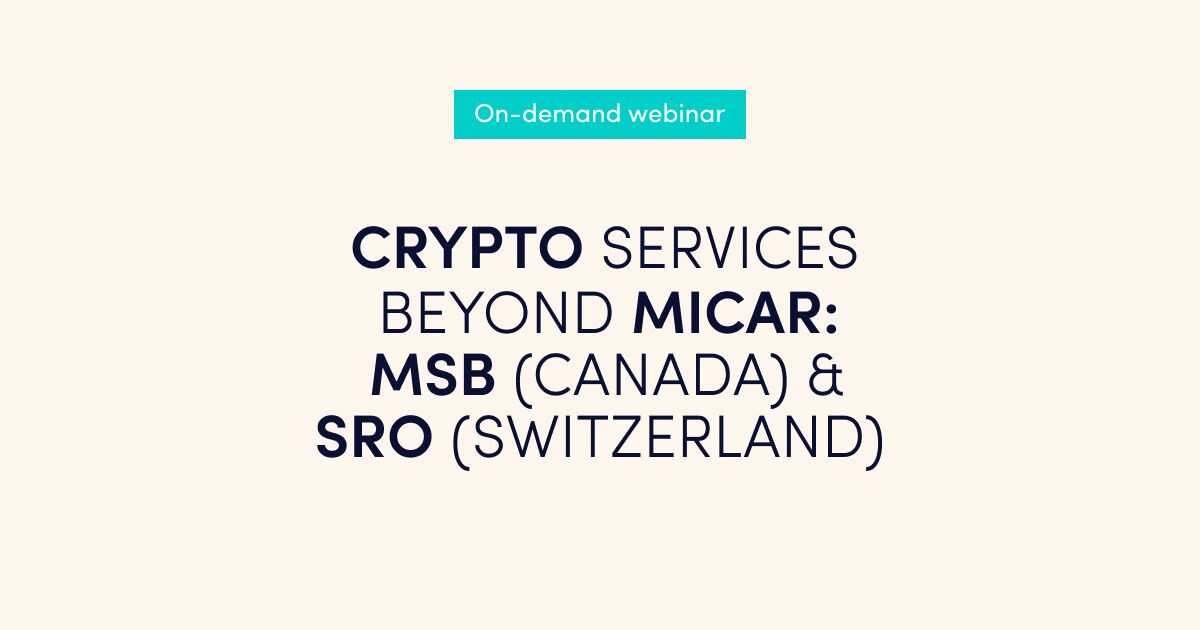
With the help of our local partners we assist in the full licensing process of obtaining a Fintech license in Switzerland
If you are looking to obtain a Fintech license in Switzerland, Advapay with the help of our local partners can offer you its legal, technical and business expertise and consulting support.
01
Application preparation, communication with the regulator, business services
Filling out an application form
Communication with regulatory authority during the application phase
Assistance in the development of a business plan
Assistance in the opening of safeguarding accounts
Company formation, staffing services
02
Preparation of legal, financial and IT documents
Preparation of legal, financial and IT documents
Legal documents – AML, KYC, IT/Security policies, etc.
Financial documentation – 3-years financial forecast, P&L statement, the flow of funds
Company operational documentation – internal policies, risk operation policies, internal audit, etc.
IT documentation
Overview of the Swiss fintech market
The Swiss fintech industry is maturing and showcased the appearance of new fintech companies in 2019 and 2020. At the end of the year 2020, there were 405 local Fintech firms operating in Switzerland – which is 23 more than the previous year, or an increase of 6% when compared to 2019. Moreover, Switzerland hosts a range of incubator and accelerator programmes for Swiss-based and international companies
Doing business in Switzerland
Depending on the tax domicile of the company the profit tax rate in Switzerland can be as low as 12%. Starting from January 2020 various task incentives for the corporate tax came into force in Switzerland. Additionally, companies can benefit from R&D deductions from corporate income tax and/or exempt as part of the equity from the annual capital tax.
Main requirements
Public deposits
With a fintech licence companies may accept public deposits up to a maximum of CHF 100 million. The Federal Council has the competence to adjust this amount, taking into account the competitiveness and innovative capabilities of the Swiss financial industry. If a company exceeds the threshold of CHF 100 million, it must inform
FINMA accordingly within 10 days and submit an application for a banking licence within 90 days.
Initial Capital Requirements
When a new fintech company is set up, it must hold a minimum amount of capital of 3% of the public deposits received, but no less than CHF 300,000
Application and authorisation process
Application review time
The review period of the application for Fintech license takes approximately 9-16 months.
Phase 0: Preliminary checks, presentation to FINMA.
Phase 1: Preparing application. This phase includes preparation of licence application and initial audit report by the auditor. The application is submitted to FINMA.
Phase 2: Responding to FINMA’s questions and additional requirements. In this phase FINMA confirms formal completeness. After this phase, conditional licence is granted.
Phase 3: Operational implementation. FINMA confirms that conditions are met and grants a licence.
Regulator and legislation
The legal basis for supervision of companies with Fintech licenses can be found in the Banking Act (BA), the Banking Ordinance (BO) as well as further details in the corresponding FINMA circulars.
Licensed institutions with a FinTech licence are subject to supervision by FINMA. Ongoing compliance with the licensing requirements is key here. In addition, FINMA takes appropriate account of the fact that the deposits held by institutions with a FinTech licence are not covered by deposit insurance pursuant to the Banking Act.
FINMA is Switzerland’s independent financial-markets regulator. Its mandate is to supervise banks, insurance companies, financial institutions, collective investment schemes, and their asset managers and fund management companies. FINMA is responsible for ensuring that Switzerland’s financial markets function effectively.
Documents
General information
1) Reasons for applying for a licence as a person pursuant to Article 1b BA and intention in doing so
2) Description of the proposed activity and organisation, including the proposed business activity, geographical scope and target clientele
3) Certified extract from the commercial register
4) Information about the business premises, infrastructure and personnel
5) Information about the applicant’s group companies, participations and/or other presences (branch or representative offices)
Participations in the applicant
6) Share capital (structure, allocation, nominal value, subscription etc.)
7) List of all participants with a direct or indirect holding of 5% or more
8) Graphic showing all directly or indirectly qualified participants to the level of beneficial owner (including information regarding the size of the participation), broken down by shares of voting rights and capital
9) Information on any agreements and other ways in which the applicant may be controlled or materially influenced.
10) Persons holding a qualified participation must provide FINMA with a declaration as to whether they hold the shares on their own behalf or on behalf of third parties and whether they have granted option facilities or similar rights for these participations
Information about persons entrusted with the administration and management of the business
Information about the governing bodies:
11) Composition of the governing body entrusted with the administration of the business, including details of the chairman, vice-chairman and members of any committees
12) Information about the composition, organisation and powers of the executive board
The following documents must be submitted as proof that members of the executive board and the governing body entrusted with the administration of the business meet the requirements:
13) Personal information
14) Copy of a current identification document
15) In the case of foreign nationals, copy of the residence permit
16) A CV signed by the person in question
17) Copies of job references, diplomas and other references
18) Swiss criminal records extract
19) In the case of foreign nationals who have lived in Switzerland for less than five years, a criminal records extract from the previous country of residence or home country
20) Debt enforcement register extract
21) Contract with the applicant
22) Declaration regarding pending and concluded legal proceedings (form, signed and dated)
23) Declaration regarding participations in supervised institutions (form, signed and dated)
24) Declaration regarding other directorships (form, signed and dated)
Business activity and internal organisation
25) Detailed description of business activities and processes
26) Business plan including budget (balance sheet, income statement) for the next three financial years with optimistic, realistic and pessimistic scenarios
27) Articles of association, organisational regulations, which are tailored to the business activity of a person pursuant to Art. 1b BA
28) Organisational chart showing executive personnel and the FTEs per organisational unit
29) Organisation and regulations/policies relating to the risk organisation, compliance and the internal control system (including AMLA policies)
30) Outsourcing of activities
31) Description of how public deposits are held (separate from the company’s own funds?)
32) Details of information for customers pursuant to Article 7a BO
33) Description of any conflicts of interest and related measures pursuant to Article 14g BO
Meeting of financial requirements
34) Appropriate evidence of compliance with the minimum capital requirements
35) Anticipated minimum capital trends in line with the business plan, including information about sources of financing
Regulatory audit firm
36) Written notice of acceptance of the regulatory audit mandate
37) Completed questionnaire regarding services of approved audit firms
Additional requirements for groups operating in the financial services sector
38) Organisational chart of the group with information about existing or planned licences granted under financial market law



